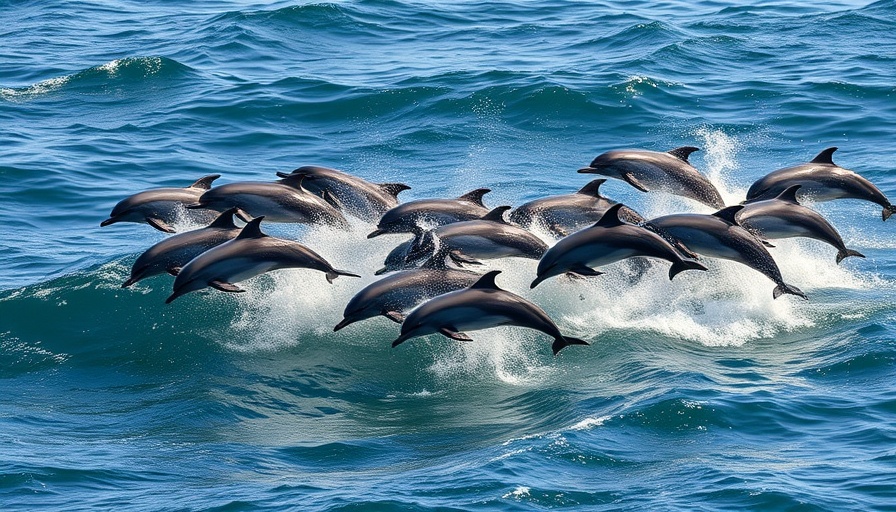
A New Era for Coral Reefs: Innovative Feeding Tool Offers Hope
Coral reefs, which are critical to marine biodiversity, are facing unprecedented threats from climate change and extreme heat. Scientists at The Ohio State University, in collaboration with the Coral Restoration Foundation, have developed an innovative device called the Underwater Zooplankton Enhancement Light Array (UZELA) to support coral reef restoration efforts. This submersible tool helps increase feeding opportunities for coral species, allowing them to thrive in challenging environments.
How UZELA Works to Boost Coral Nutrition
UZELA operates by emitting light underwater for one hour each night, strategically attracting zooplankton to the area. This submersible device is powered by a battery capable of lasting up to six months with minimal maintenance required from trained divers. During recent tests in Hawaii, researchers observed a remarkable seven-fold increase in concentrated zooplankton and a significant improvement in coral feeding rates, which increased between 10- and 50-fold. Such enhancements are crucial for corals facing stress from environmental changes.
The Importance of Coral Reefs in Our Ecosystem
Corals play a vital role in marine ecosystems, housing about one-third of all marine species despite comprising less than 1% of the ocean. Professor Andrea Grottoli highlights the alarming reality that many coral species are at risk due to increasing water temperatures, leading to mass bleaching events. The U.S. National Oceanic and Atmospheric Administration (NOAA) reported that over 60% of global corals had previously experienced bleaching, revealing the pressing need for innovative solutions like UZELA.
Temporary Solutions for Long-term Challenges
While UZELA offers a temporary solution to boost coral health, experts emphasize that it is not a fix for the broader issues facing coral reefs. Grottoli describes it as a "band-aid for about a couple of decades"—a method to provide support as more comprehensive measures are developed to mitigate the impacts of climate change. Increased collaboration with engineering firms aims to design UZELA for broader application, ensuring that coral reefs receive the attention they urgently need.
The Future of Coral Restoration
As coral ecosystems continue to face significant threats, innovative approaches like UZELA signal a proactive response to a looming environmental crisis. By enhancing the local zooplankton population and supporting the vital feeding needs of corals, scientists hope to provide a pathway for recovery in some of the most endangered reef systems around the globe.
 Add Row
Add Row  Add
Add 




Write A Comment